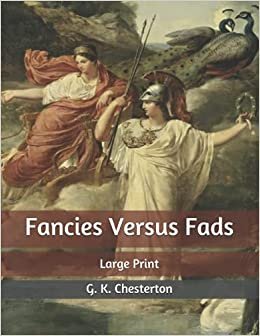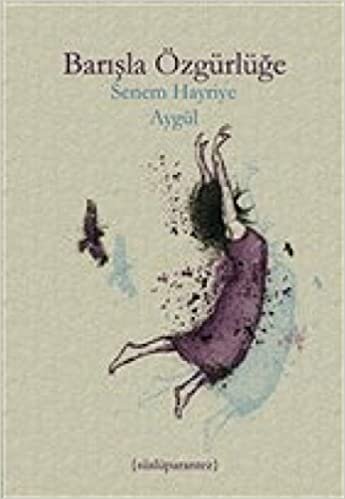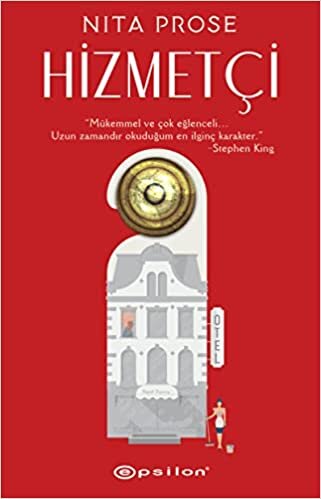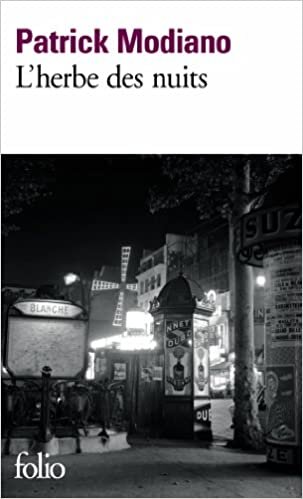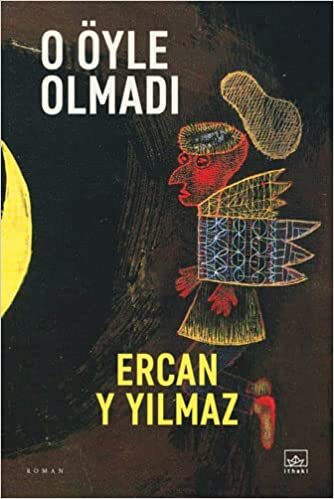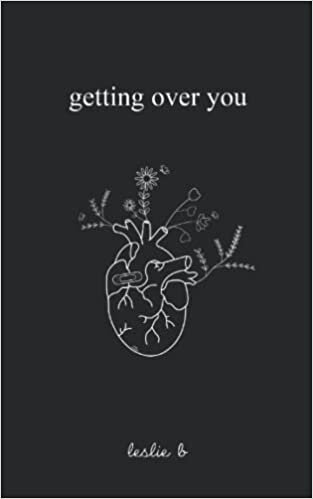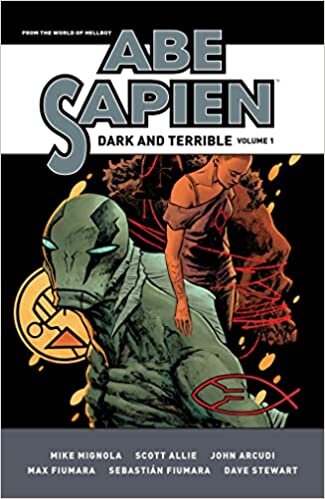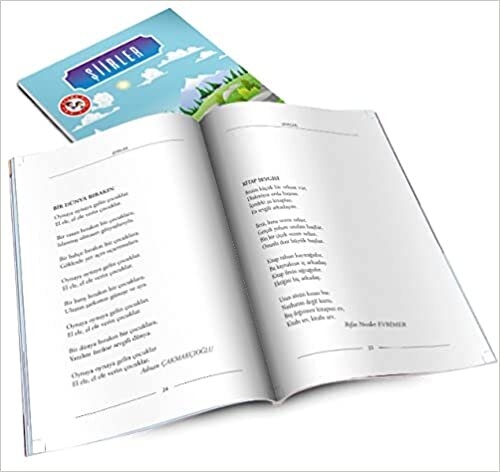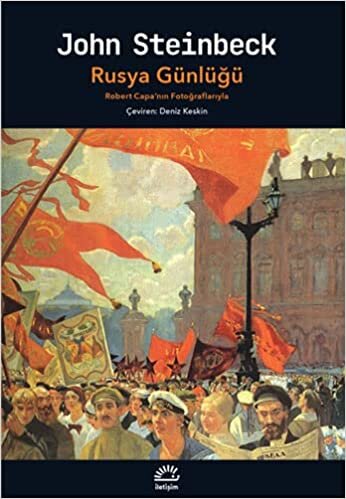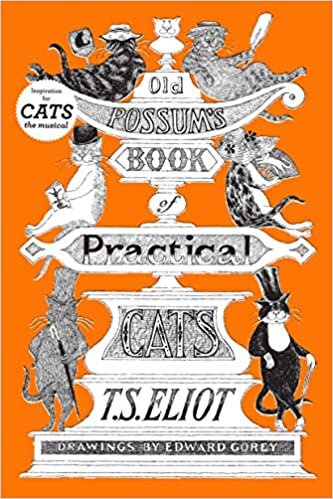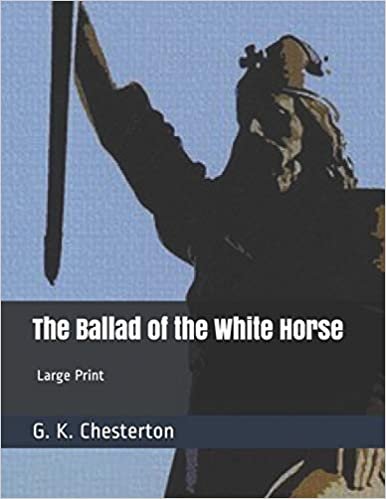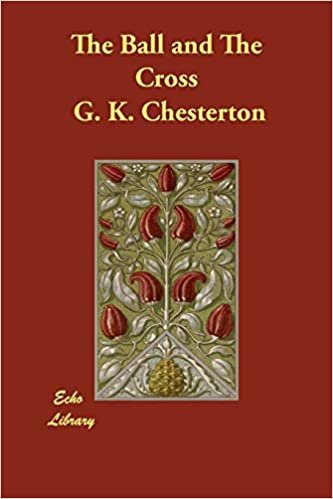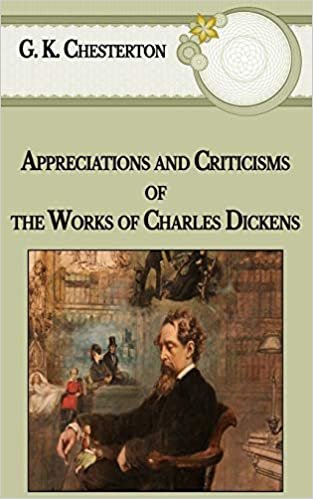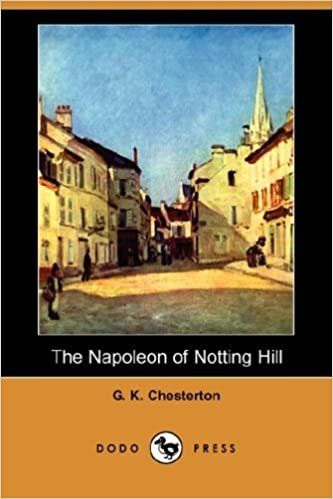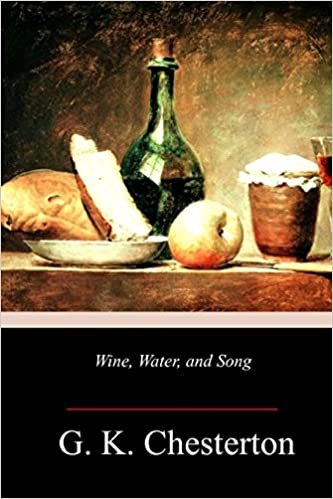Fancies Versus Fads: Large Print
Taşınabilir belge biçimi (PDF), birçok platformdan hangisine ve bu belgenin hangi uygulamada oluşturulduğuna bakılmaksızın, yazı tiplerini, görüntüleri ve orijinal belgenin düzenini kaydetmenize izin veren evrensel bir dosya biçimidir, bu kitapların depolanması için idealdir Fancies Versus Fads: Large Print tarafından G. K. Chesterton. Adobe PDF formatı, Fancies Versus Fads: Large Print gibi güvenli bir şekilde korunan elektronik belgelerin ve antetli kağıtların ve kitapların çoğaltılması ve değiştirilmesi alanında tanınan küresel standart olarak kabul edilir. Adobe PDF dosyaları küçük ve bağımsızdır; ücretsiz Adobe Reader® yazılımı ile birlikte çalışma, görüntüleme ve yazdırma olanağı sunar. Adobe PDF biçiminin yayınlama ve yazdırma işlemlerinde kullanılması haklıdır, bu nedenle Fancies Versus Fads: Large Print kitabını bu biçimde indirmenizi öneririz. Adobe PDF'nin birleştirilmiş (kompozit) bir düzeni kaydetme yeteneği sayesinde, yazdırma personelinin bunlardan test baskılarını görüntüleyebileceği, düzenleyebileceği, sıralayabileceği ve alabileceği kompakt ve güvenilir dosyalar oluşturabilirsiniz. Ayrıca, teknolojik işlemin öngördüğü anda, matbaa dosyayı doğrudan görüntü toplama cihazına gönderebilir ve son işlemeye devam edebilir: baskı öncesi kontrolleri gerçekleştirebilir, yakalayabilir, şeritleri indirebilir veya renk ayrımı yapabilir. Belgeyi PDF formatında kaydederek PDF / X standardına uygun bir dosya oluşturabilirsiniz. PDF / X formatı (taşınabilir belge değişim formatı), yazdırmada zorluklara neden olabilecek birçok renk verisi, yazı tipi ve bindirme kombinasyonunun kullanılmasına izin vermeyen Adobe PDF'nin bir çeşididir. PDF dosyaları baskı öncesi yayınlar için dijital orijinal olarak kullanıldığında, hem düzeni oluşturma aşamasında hem de fotoğraf çıktısı amacıyla (yazılım ve çıktı aygıtları PDF / X formatıyla çalışabiliyorsa) bir PDF / X belgesi oluşturulmalıdır. Fancies Versus Fads: Large Print kitabındaki çizimlerin parlaklığı için. PDF / X standartları hakkında. PDF / X standartları Uluslararası Standartlar Örgütü (ISO) tarafından onaylanmıştır. Grafik veri alışverişi için geçerlidir. Dönüştürme sırasında PDF dosyasının belirtilen standarda uygunluğu kontrol edilir. PDF belgesi seçilen ISO standardına uymuyorsa, dönüştürmeyi iptal etme ve dönüştürmeye devam etme arasında seçim yapmanızı sağlayan bir mesaj görüntülenir; bu durumda standart olmayan bir dosya oluşturulur. Yayıncılık ve baskıda en yaygın kullanılan çeşitli PDF / X çeşitleridir: PDF / X-1a, PDF / X-3 ve PDF / X-4.
| Yazar | G. K. Chesterton |
|---|
İspanyolca H. G. Wells Outlook Verlag Leopold Classic Library Independently Published; Illustrated basım HACHETTE LIVRE-BNF B. M. Bower Fransızca F Scott Fitzgerald G K Chesterton Almanca İngilizce G.A. Henty Independently published Türkçe İtalyanca Salzwasser-Verlag GmbH Kolektif
indir okumak internet üzerinden
| Yazar Fancies Versus Fads: Large Print | G. K. Chesterton |
|---|
Milton prefaced “Paradise Lost” with a ponderous condemnation of rhyme. And perhaps the finest and even the most familiar line in the whole of “Paradise Lost” is really a glorification of rhyme. “Seasons return, but not to me return,” is not only an echo that has all the ring of rhyme in its form, but it happens to contain nearly all the philosophy of rhyme in its spirit. The wonderful word “return” has, not only in its sound but in its sense, a hint of the whole secret of song. It is not merely that its very form is a fine example of a certain quality in English, somewhat similar to that which Mrs. Meynell admirably analysed in one of her last beautiful essays, in the case of words like “unforgiven.” It is that it describes poetry itself, not only in a mechanical but a moral sense. Song is not only a recurrence, it is a return. It does not merely, like the child in the nursery, take pleasure in seeing the wheels go round. It also wishes to go back as well as round; to go back to the nursery where such pleasures are found. Or to vary the metaphor slightly, it does not merely rejoice in the rotation of a wheel on the road, as if it were a fixed wheel in the air. It is not only the wheel but the wagon that is returning. That labouring caravan is always travelling towards some camping-ground that it has lost and cannot find again. No lover of poetry needs to be told that all poems are full of that noise of returning wheels; and none more than the poems of Milton himself. The whole truth is obvious, not merely in the poem, but even in the two words of the title. All poems might be bound in one book under the title of “Paradise Lost.” And the only object of writing “Paradise Lost” is to turn it, if only by a magic and momentary illusion, into “Paradise Regained.” It is in this deeper significance of return that we must seek for the peculiar power in the recurrence we call rhyme. It would be easy enough to reply to Milton’s strictures on rhyme in the spirit of a sensible if superficial liberality by saying that it takes all sorts to make a world, and especially the world of the poets. It is evident enough that Milton might have been right to dispense with rhyme without being right to despise it. It is obvious that the peculiar dignity of his religious epic would have been weakened if it had been a rhymed epic, beginning:—Of man’s first disobedience and the fruitOf that forbidden tree whose mortal root. But it is equally obvious that Milton himself would not have tripped on the light fantastic toe with quite so much charm and cheerfulness in the lines:—But come thou Goddess fair and freeIn heaven yclept Euphrosyne if the goddess had been yclept something else, as, for the sake of argument, Syrinx. Milton in his more reasonable moods would have allowed rhyme in theory a place in all poetry, as he allowed it in practice in his own poetry. But he would certainly have said at this time, and possibly at all times, that he allowed it an inferior place, or at least a secondary place. But is its place secondary; and is it in any sense inferior? The romance of rhyme does not consist merely in the pleasure of a jingle, though this is a pleasure of which no man should be ashamed. Certainly most men take pleasure in it, whether or not they are ashamed of it.
